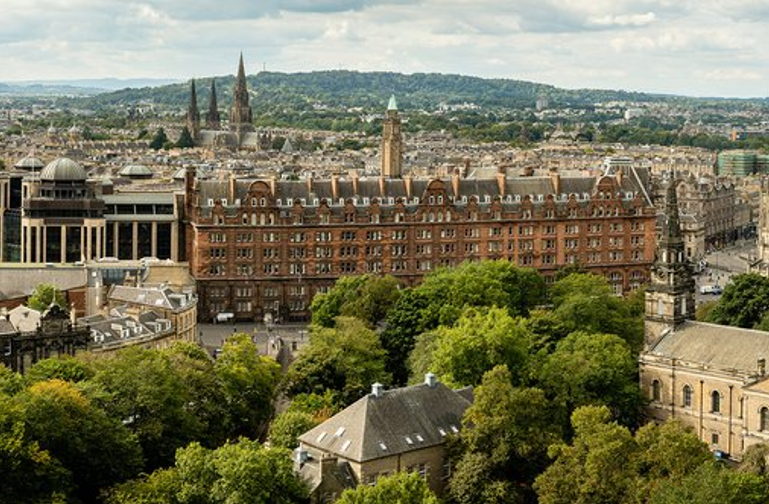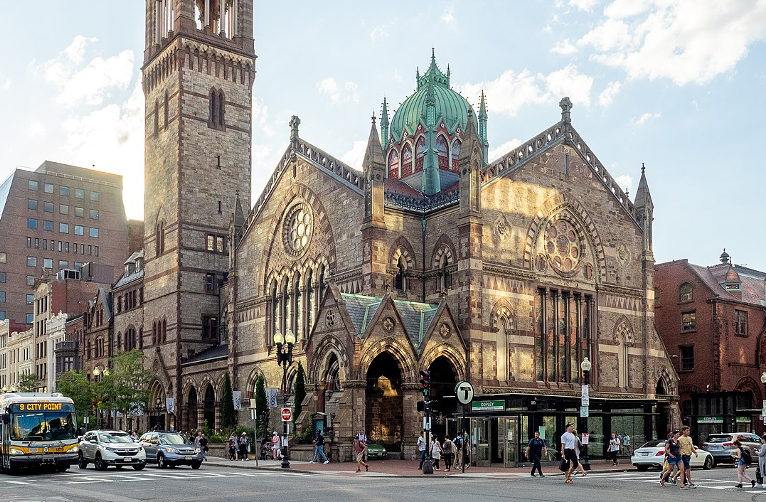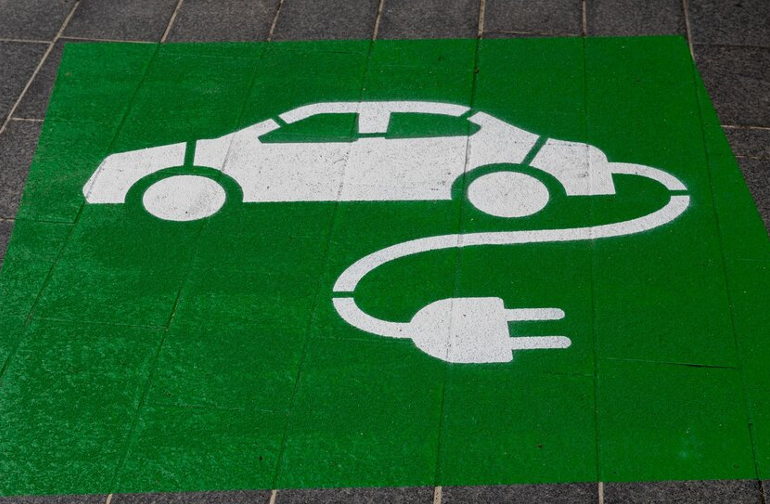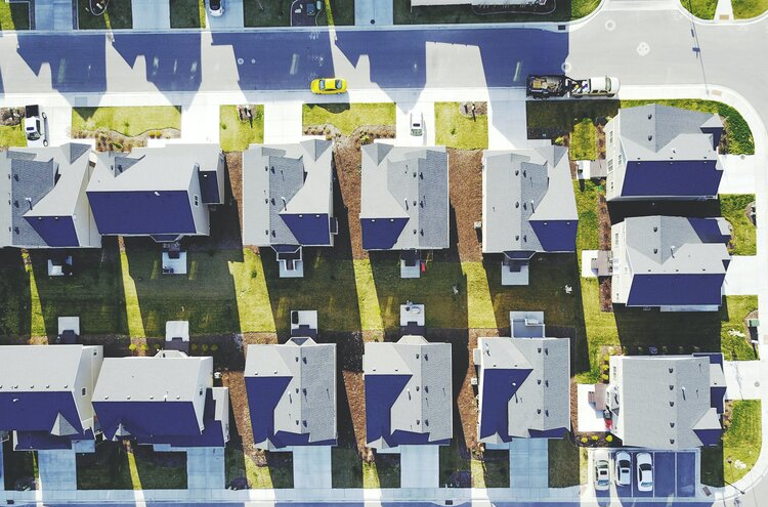John Pattison (Twitter: @johnepattison) is the Content Manager for Strong Towns. He is the author of two books, most recently Slow Church (IVP, 2014), which takes inspiration from Slow Food and the other Slow movements to help faith communities reimagine how they are living life together in the neighborhood. His next book is set to be released in 2020. John also cohosts The Membership, a podcast about Wendell Berry, the Kentucky writer, farmer and activist. John and his family live in Silverton, Oregon.
Great Wee Roads
If you want walkability, I can now personally recommend Edinburgh. But if you want a fresh vision for what a safe, enjoyable driving experience can be, rent a car in Scotland and go in search of the Great Wee Roads.
November 4, 2022
Want To Make Your Town Stronger? Look for the Amateurs.
What we need—what our towns and cities need—are more people willing to say, “I don’t know,” and, “What do you think?” and, “Let’s figure that out together.”
May 10, 2022
A New Vision for Economic Ecosystems: Interview with Dave Kresta (Part 2)
If you follow those steps, find a group of people, start dreaming together, start educating yourselves, start listening and identifying gaps in the community and assets in the community, then I think you’re at that point where you can actually start thinking seriously about, “Okay, which of these Community Economic Development toolkit strategies do we want to take on first?”
February 11, 2022
We Are Not Just Economic Creatures: Dave Kresta’s Vision of Economic Development
Community Economic Development seeks to build long-term capacity in a community for equitable economic activity. Those are all key. There’s capacity, it’s long term and it’s equitable.
February 9, 2022
“Greening” Our Commutes
The good news: We can get cleaner commutes right now by building cities that are walkable and bikeable. What if commuting by car or truck wasn’t an absolute necessity for so many people?
October 7, 2021
The Growth Ponzi Scheme: A Crash Course
One of the early insights of the Strong Towns movement was that the way North American cities have been built since World War II resembles, more than anything, a massive Ponzi scheme.
September 3, 2020






